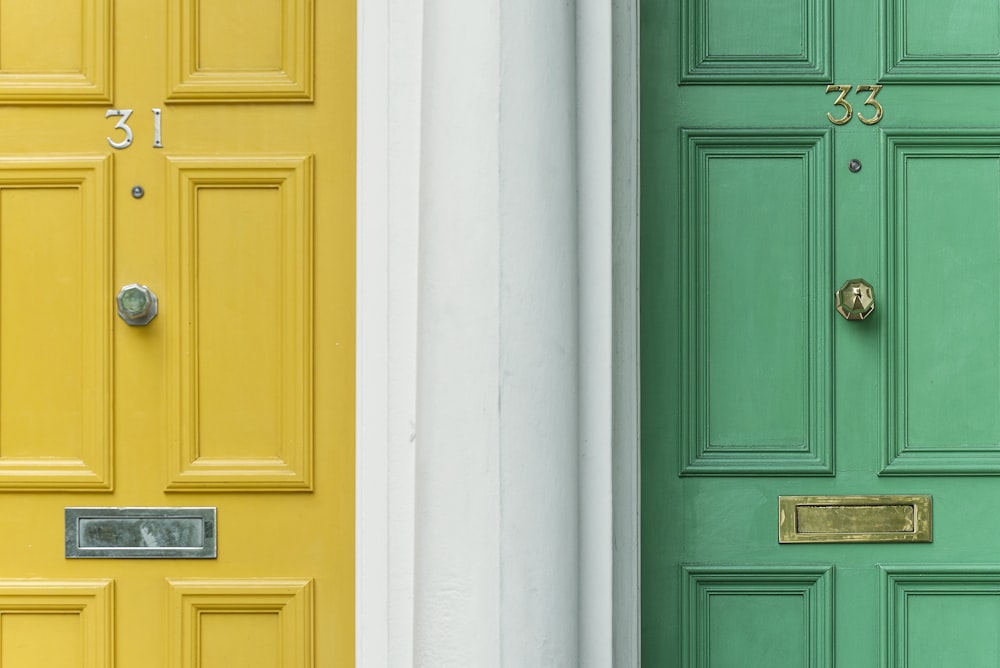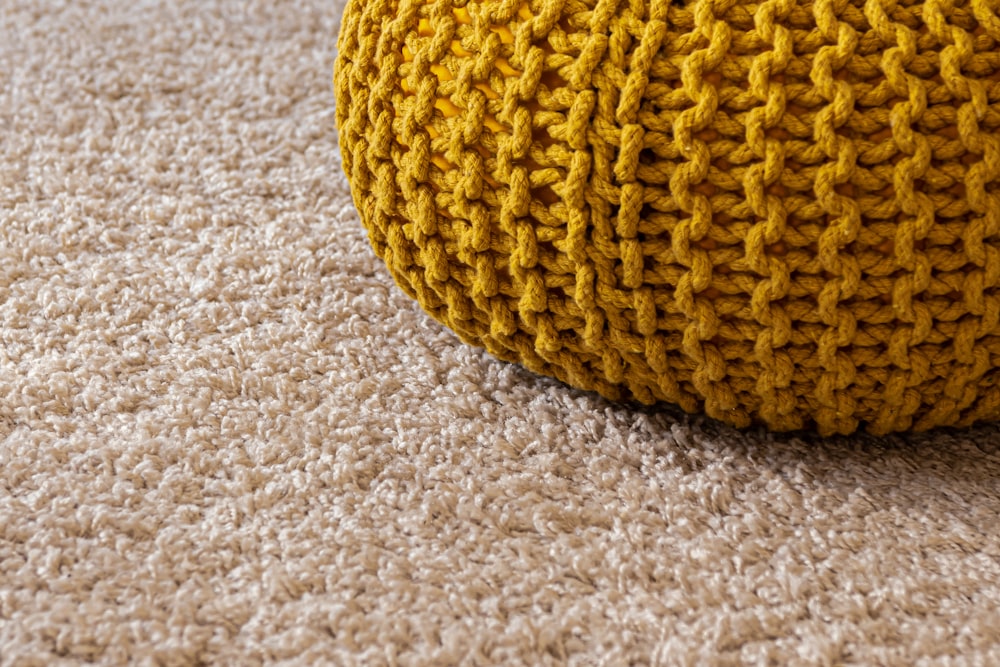Loud music, argumentative yelling, kids screaming, partying all night on a Wednesday. Noisy neighbors are the worst. They disturb your sleep time, your quiet time, and your regular time at home in your safe space. But as hopeless as it may sound, pardon the pun, there are many ways to deal with noisy neighbors. Or at the very least, reduce how much of their noise you can hear.
Rearrange the furniture
The more mass there is between you and your neighbor, the greater the absorption and the less sound that is able to come through. Start by placing any heavy furniture up against the wall, covering as much of it as possible.
A bookshelf that’s full of thick, heavy books, for example, will really help absorb a lot of the noise coming through from the other side. Rearrange any fabric-covered chairs or sofas so that they’re close to doors and windows, with plenty of decorative throws and pillows.
If your noisy neighbor is keeping you awake at night, rearrange your bedroom so your bed is as far as possible from them. If you have a TV in your bedroom, you should position it against the neighboring wall, as it can drown out noise with movies or TV programs. If the noise is really bad, maybe you can swap your bedroom with your home office? It might seem like a major life change, but so will having quality sleep every night.
Add a thick rug
Hard surfaces reflect sound waves and bounce them around your home, whereas softer surfaces will absorb the sound. So, do yourself a favor if you have hardwood floors, and your neighbor a favor too, for that matter, and throw down some quality area rugs. In fact, even if you have carpet you should still do this, as the more padding around your home, the better.
Absorb as much sound as possible with thick, shaggy style rugs placed all around your home, particularly in high traffic areas. Size matters, and you should consider attaching sound-absorbing padding or foam-rubber backing underneath them. You can even go beyond floor rugs and get some wall-hangings and plush pillows for maximum absorption of noise.
Hang up wall art
Wall hangings and other tapestries are porous, which means they are really good at absorbing excessive sound. There are plenty of beautifully on trend options too, like the heavy knotting used in macramé that buffers noise and gives your place a little stylish flair. Canvas wall art also helps to absorb sound, especially with a layer of foam added to the hollow back for an extra buffer. You can also stick foam, felt, or other soft materials onto the back of your framed pictures to absorb sound.
There are also sound-absorbing felt panels available which are designed specifically for to deaden sound, commonly used inside theatres and recording studios. They can even be used on your walls as a DIY bulletin board to add a decorative touch that keeps you organized, all while reducing the levels of noise.
Seal doors & windows
All your soundproofing efforts may count for nothing if there are even the smallest gaps around your windows and doors. Make sure there is some high-quality weather-strip between the door frame and door that creates a good seal when it’s closed. If there’s a gap between the floor and the bottom of the door, attach a heavy-duty draft blocker there to create a soundproof seal.
You also need to ensure that the windows and frames are fully caulked and sealed up tight. Or you can use a window insert to tighten up the seal and make it even more airtight. But the easiest way to slow down the sound coming through your windows is by hanging some thick, heavy-duty, or blackout curtains. If you are worried that the soundproofing could look ugly, then you could consider painting the walls so that the soundproofing adds a design spark to your property.
Play some calming music
As silly as it might seem to walk around your home wearing noise-canceling headphones or earplugs, many people insist that it’s the best way to ensure you get some peace and quiet, especially if you are trying to get some sleep. You could also play some calming music or streamable background sounds to reduce the effect of noise in your home.
If you’d rather not have to physically put plugs in your ears before you go to bed, another option would be to invest in a white noise machine to mask the noise from next door. Some people say that a fan works just as well as a white noise machine, which has the added bonus of cooling you down and circulating the air.
Get to know your neighbors
Sometimes the best way to deal with noisy neighbors is to talk to them. Make sure that you choose the right moment. You’ll have much better chances at solving the problem with calm conversation sometime after their party is over.
Remember that neighbors aren’t usually crazy and purposely act noisy to drive you nuts. If you have a quiet weekend with no plans, consider reaching out and helping them out with their gardens or cleaning their swimming pool. Once you build up that personal connection, it makes asking them to be a bit quieter a lot less confronting.
Notify your building manager if you live in an apartment
If you live in an apartment complex, getting rid of noise by jumping in the communal pool isn’t practical, though the water will block out much of the noise in the short-term. Get in touch with your manager or landlord and make a complaint. If simply talking with them isn’t effective, try sending them a letter detailing incidents of too much noise. Make sure that you include the dates, your name and apartment number, as well as your neighbor’s. You can usually also file these official noise complaints with your local authorities too if you aren’t getting any help from your strata or building manager.
Use technology creatively
If the noise is constant and you can’t get your point across with simple conversation, a well-written letter, or with help from authorities, maybe it’s time to use technology to your advantage. One of the most unique ideas is to communicate your frustrations with your neighbors using the SSID of your Wi-Fi network by giving it a name like “PleaseTurnDownTheMusic” or “BeQuietApt34”. That way your neighbors or their guests will see the message whenever they need to connect to Wi-Fi.
In the event that the problem is really bad with excessively loud music, you can try connecting to your neighbor’s Bluetooth speakers. If you are able to connect, you can transmit a voice message through their speakers asking them to turn it down. Or you can play some classical music, or the theme song from Bob The Builder, or anything that would be really annoying to get your revenge.
Just like water, sound can find a way to seep through even the smallest of openings. So, making one room or your entire home completely soundproof can feel like it’s an exercise in futility. Just remember that reducing the sound of noisy neighbors doesn’t need to be a massive DIY project. You can find ways to use the décor and furniture you already have to enhance resistance to noise and find yourself a little peace and quiet at home.




